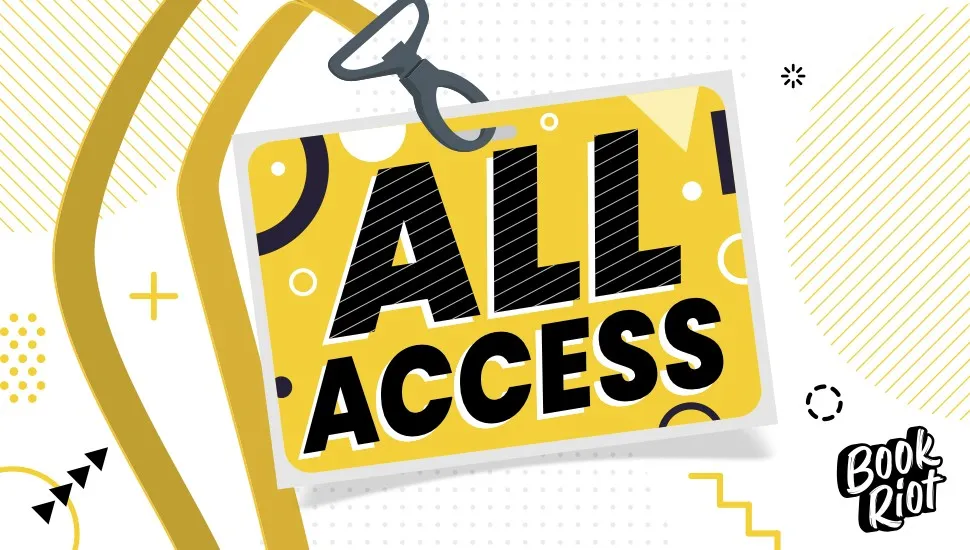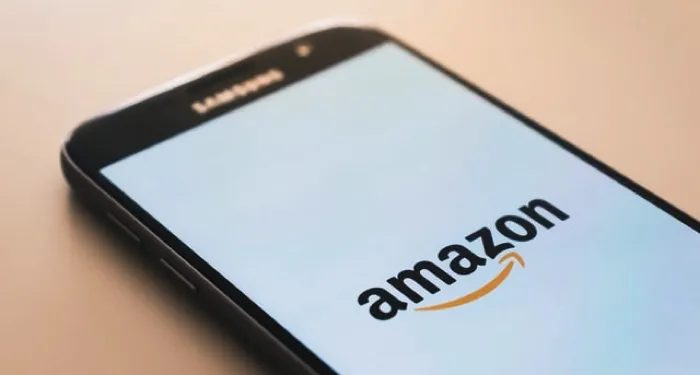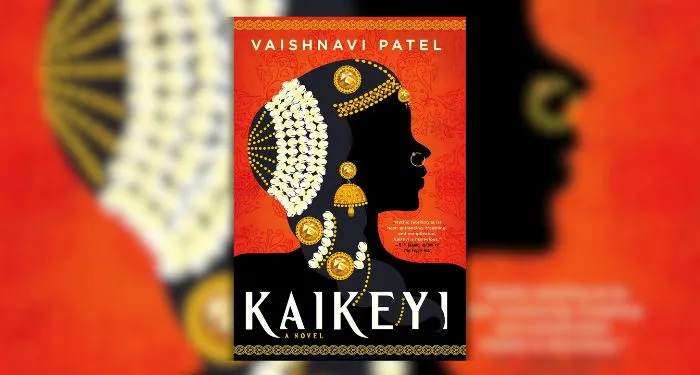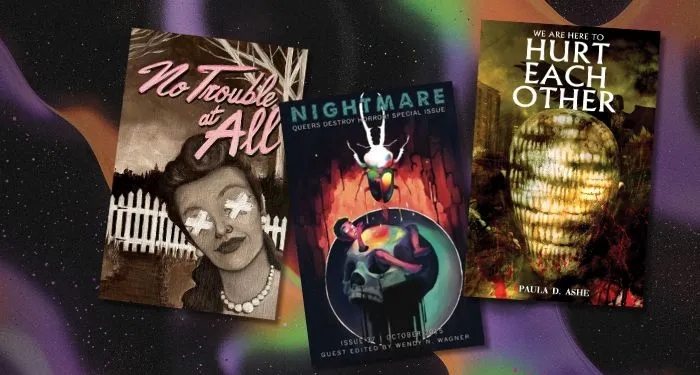Since the beginning of Donald Trump’s second term, the First Amendment “has proved a singularly valuable resource in trying to resist assaults on democratic norms,” writes Kwame Anthony Appiah in his review of Fara Dabhoiwala’s What Is Free Speech? The History of a Dangerous Idea from our September 25 issue. Appiah argues that the idea of free speech is best grasped negatively, by asking what happens when the ability of a government to impose restrictions isn’t so restricted. The administration’s recent threats to the First Amendment, he suggests, only underscore its value.
Appiah is a philosopher, writer, and professor at New York University. In books such as The Lies That Bind: Rethinking Identity (2018) and As If: Idealization and Ideals (2019), as well as in the Ethicist, a weekly column in The New York Times Magazine, he has written extensively about what it means to think and act ethically, both in our particular historical moment and in our daily lives. His latest book, Captive Gods: Religion and the Rise of Social Science, which considers how modern sociology was in large part developed through the study of religions, will be published on October 7.
I wrote to Appiah last month to ask him about the repression of speech on college campuses, the challenges of translation, and how growing up with religion shaped his own ethics.
Lula Konner: You write that, today, “conservatives, backed by state power, have demanded punishment for student protesters whose views they deplore and further punishment for universities that declined to eject them; progressives, in turn, have rediscovered the value of robust protections for contested speech.” How and why do you think the recent assaults on protesters’ free speech differ from those in the 1960s and 1970s?
Kwame Anthony Appiah: Student protests in the 1960s and 1970s meant standing against authority—whether it was the draft board or the university administration or the state—and so protest and punishment, in some measure, naturally went hand in hand. The spectacle was of young people defying power. In the past decade and a half, many protests became harder to read in that way, because the students had some of the organs of authority on their side. In the Obama and Biden years, for instance, the Department of Education’s Office for Civil Rights was encouraging educational institutions to take a protective, interventionist stance toward students it deemed vulnerable. Universities were warned that if they were judged noncompliant, the OCR—in the words of a Dear Colleague letter it issued—“may initiate proceedings to withdraw Federal funding.”
This meant that, often enough, universities took elaborate measures to demonstrate compliance, and student activists had the federal government as their enforcement arm, for example by investigating schools for not doing enough to protect students from racial or sexual harassment. To the extent that protesters were aligned with the state, then, there was a novel dynamic when it came to who was wielding bureaucratic power. The student protesters of the Vietnam War era were fundamentally resisting power. The progressive activists of the 2010s were fundamentally enlisting power.
What conservatives have done, in the current moment, is borrow the progressives’ conceptual apparatus. Where progressives had emphasized the psychological harms that speech could inflict on vulnerable groups, conservatives now make an almost identical case on behalf of those they see as their own vulnerable constituencies, perhaps white men in MAGA caps. The notion that tolerating speech you object to does not amount to endorsing it—that’s only a slogan unless you honor that ethos and make it a practice.
A big difference is that where progressives made everything procedural and bureaucratic, the right has brought the government’s coercive machinery directly to bear on its targets. So you start with this expansive version of a harm-based method of identifying objectionable speech, and then you add the penal capacities of law enforcement. What began as an idiom of care—protecting vulnerable students—has been used to justify a spectacle of retribution.
That’s why the rediscovery of free speech principles among progressives—and I agree with Frederick Schauer that free speech is probably best seen as a bundle of principles, if interrelated ones—has gained urgency. It’s not just a matter of contending with figures on campus. It’s a matter of resisting governors, attorney generals, and coordinated federal campaigns. We’re seeing labs defunded and years of research left to rot and masked officers with guns and unmarked vans pursuing grad students. That’s what the policing of opinion looks like these days. It was one thing for speech to be constrained through administrative codes in an institutionalist way that was painstakingly procedural and invited legal checks. It is quite another for speech to be policed, very literally, by officers with weapons, by the threat of imprisonment or deportation, and by threats from regulatory agencies aimed at driving unwelcome voices off the air. Here, the strategy is to race ahead of judicial scrutiny, to do as much damage as possible as swiftly as possible, in a way that’s often irreparable, with no possibility of rewinding. The former may have been undemocratic in practice; the latter is undemocratic in principle, too, because it collapses dissent into criminality.
Naturally, people see the value of a latitudinarian approach most clearly when their own speech is on the chopping block.
You argue that the fact that the protections offered by the First Amendment have sometimes benefited fascists does not undermine the importance of the right to free speech. Indeed, you note that a Supreme Court case that affirmed the free speech rights of a white supremacist set a precedent that likely spared many American Muslims from prison when they were speciously accused of “material support” for terrorism after September 11. In your estimation, where might we draw the line between permissible speech and hateful speech that should be censored?
It’s hard not to want a bright line here. But the benefits of protecting even odious speech often arrive indirectly, later, and in ways that nobody at the time could have predicted. Once you grant the state the power to ban certain speech on the grounds that it’s “hateful,” you also grant the state the power to decide whose speech counts as hateful.
That’s an insight John Stuart Mill emphasized in On Liberty. That essay wasn’t meant to be a blueprint for policy; it was really performing a sort of figure/ground reversal. The assumption among his peers had been that authority—law, custom, tradition—got the benefit of the doubt, and dissenters had to explain why they should be allowed to speak. Mill flipped that: it’s coercion that should justify itself. So when we ask where the line ought to be, Mill doesn’t give a specific answer, because his “harm principle” is anything but a hard-and-fast rule. It can be interpreted narrowly or expansively. What’s important is the precept he took from Wilhelm von Humboldt: the burden of justification should rest on those who would silence speech, not those who would speak. This doesn’t tell you exactly where to draw the line, but it may suggest where not to.
In addition to your philosophy and criticism, you’ve also written three novels. How do you approach questions about morality or ethics differently when writing fiction?
When I write philosophy, the job is to get things clear—to sort arguments, draw distinctions, and see how far a line of reasoning can take you. Fiction has a different energy. You don’t have to resolve the moral questions; you can just inhabit them. And my novels, which I should admit fall squarely into what the Germans airily call Trivialliteratur, let me follow a character into the thickets of life, where duties and attachments and desires collide in all sorts of messy ways. Because those novels are mysteries, every character has a story; every clue might be a red herring. That feels to me a bit like ethical life itself, at least if you put aside the final resolution. In life, we almost never get the neat, clean cases that philosophy textbooks present. Mostly, we’re fumbling through uncertainty, trying to make sense of people who may not even fully understand themselves.
Some decades ago, the philosopher Edmund Pincoffs complained that moral philosophers had become too preoccupied with tidy, stylized quandaries—a fixation, he noted, you didn’t find in the ancients. It was as if we were making our way through a dark forest with a laser pointer. Ethics, for the people who had given us the term, concerned what it meant for a life to go well. From that perspective, a human existence is a tangle of complex competing commitments, emotions, capabilities, and character traits, not crisp either/or choices about redirecting a trolley car. Moral thought—as Katie Ebner-Landy nicely shows in her new book—once put great weight on quasi-novelistic character sketches, in the tradition of Theophrastus. Something was lost when that tradition fell into disrepute. I’m drawn to the idea that ethics is as much about describing who we are as prescribing what we should do.
Your 2018 book, The Lies That Bind, seems to have prefigured the backlash against a certain way of talking about identity—as essential or at least fixed—that was prevalent in the 2010s. How do you think the way people talk about or conceive of identity has changed since you wrote your book, in both political and academic institutions?
In politics, we’ve seen both a hardening and a loosening. On the one hand, populist movements, here and around the world, have doubled down on rigid, exclusionary understandings of national and religious identity. On the other hand, younger activists are often much more flexible: many see categories like gender or race as sites of play, of self-fashioning, of solidarity across differences. In academic life, too, I notice greater care. People are less inclined to think that “identity politics” is simply a matter of naming a fixed group and demanding recognition.
At the same time, one of the ironies of “intersectionality” is that, while it was introduced to remind us that identities overlap with and complicate one another, it sometimes gets taken up as a way of multiplying rigid categories, in which each axis of identity becomes another hard-shell artifact that has to be defended. That’s not the fault of the concept so much as the way we humans tend to handle these things. We like our categories solid; they feel protective. But the insight that remains crucial is that identities are historically contingent, socially negotiated, provisional. They aren’t Lego blocks that you stack, one on top of the other.
In your essay on the art of literary translation from the June 26 issue of the Review, you write that measuring a translation’s success is a “slippery business.” Philosophy, even when written in English, has a language of its own. As a philosophy professor, how do you go about “translating” philosophical texts for your students? To what extent do you welcome their own subjective translations or interpretations?
You have to assess any translation, as I’ve said, by its purposes. Consider the fact that the version of Frantz Fanon’s The Wretched of the Earth that has had the greatest influence is Constance Farrington’s English translation. Scholars grouse about it, because she sort of debarnacled the text of its Sartre-derived philosophical phraseology—praxis, projet, totalisation, translucide, and so on. When Fanon wrote, about the positive characteristics that exercising violence could confer on the colonized, “Cette praxis violente est totalisante,” Farrington made it “This practice of violence binds them together as a whole.” Complain if you want, but Farrington—an Irish woman who was then living in Paris and who moved in radical circles—knew what she was doing: she made the text readable for generations of people, in ways the French original wasn’t.
You’re right that philosophy has a language of its own, and that’s where translation can pose an even deeper challenge. I think of what the late Ghanaian philosopher Kwasi Wiredu called “tongue-dependent” topics. So, for example, Aristotle theorized about “being” and “substance,” about to on and ousia, and then Aquinas, an attentive reader of Aristotle, had a lot to say about substance and accident, and all this is reworked in radically different ways by Spinoza and the German idealists and feeds into lots of German and French twentieth-century arguments concerning fundamental ontology. But Wiredu says that this whole line of inquiry simply wouldn’t arise in an Akan language like Twi, which was his first tongue, and my father’s. Indo-European languages might allow you to conceive of a thing separately from its attributes. But in an Akan language, the notion that an object could exist as a bare substrate, stripped of properties—say, the idea of a stone, with its weight, texture, and color subtracted—is basically unintelligible; the metaphysical split between a thing and its properties isn’t naturally expressible. So he had to wonder whether these were really universal structures of thought.
That’s one reason philosophers can find the act of teaching philosophy to undergraduates so helpful in their own work. The task of translating from one idiom to another keeps you honest. You have to listen carefully to how students make sense of a canonical argument, to how they interpret it. In particular, you have to notice if an argument can’t draw breath outside of a rarefied rhetorical atmosphere, and you find yourself struggling to convince your students why something that seems trivial is actually profound. My own philosophical hero Frank Ramsey once remarked, “What we can’t say, we can’t say, and we can’t whistle it, either.” Maybe that was optimistic. Some theorists do try to whistle—or dog-whistle—positions that couldn’t survive being stated plainly.
In Captive Gods, you write about how religion has shaped modern social thought. You were raised Christian and have said that you recall, as a young person, being “born again” as an atheist. How has your attitude toward religion evolved since then? How has your experience with religion affected your approach to ethics?
I grew up in a household with many spirits, starting with the ancestors, who, in the Akan tradition, had to be honored, appeased, sometimes reprimanded. That was one register of what we call “religion.” Then there was the Christian world that I entered more fully as a teenager, when I fell in with a left-evangelical tradition deeply concerned with justice. Later, when I lost my faith, I had to translate its moral idiom into new terms.
Now, my story was a miniature version of a far bigger story, one that I touch on in my new book, where I look at how various founders of modern social theory use religion to try to figure out society and vice versa. On the one hand, Georg Simmel, Émile Durkheim, and Max Weber, in different keys, saw a secular, humanistic ethic—stressing rights, dignity, equality, and liberty as what was due the sacralized personne humaine—taking shape as another religion. It was, Durkheim said, “a religion in which man is at once the worshiper and the god.” On the other hand, those moral terms and values are inheritances from earlier religious traditions. Individualism itself grew out of post-Reformation Christianity’s stress on the autonomy of conscience; even the doctrine of “tolerance” was introduced and promulgated by churches, albeit out of self-interest. All this may be invisible to us because, over many centuries, the work of translating religious concepts into seemingly independent ethical ones has already been done.
What your question brings out is how my own path relates to the larger thesis that I unwind in Captive Gods. Our modern ideas of “society” and “religion” were born conjoined twins and really can’t be severed. Religion has always been about living together in groups, about acknowledged dependencies, and, scaled up, it yields certain prosocial values that secularists treat as, or translate into, the stuff of morality. Conversation, in turn, is how we test whether our values are as universal as we may think. I’ve learned this not only from translating my own youthful Christian mission into a secular vocabulary but also from moving between Akan and English, where normative concepts that glow like neon in one language can be expressed only dimly in another, at least without a lot of work. Meanwhile, one of the concepts we struggle to universalize is “religion” itself.
Liberal pluralism is the latest chapter in this long translation. That’s why the principles of free speech—taken as a way to get power to constrain itself—are both fragile and invaluable. Pluralism means granting wide latitude for speech and practices and ways of life we’d be inclined to discountenance. It doesn’t require that we take up a single language or moral vocabulary. It does ask whether we can live together across differences, carrying forward values born in sacred traditions but now available to us all. In that sense, translation isn’t just my story. It’s the story of modern moral life in a world of strangers.



















 English (US) ·
English (US) ·